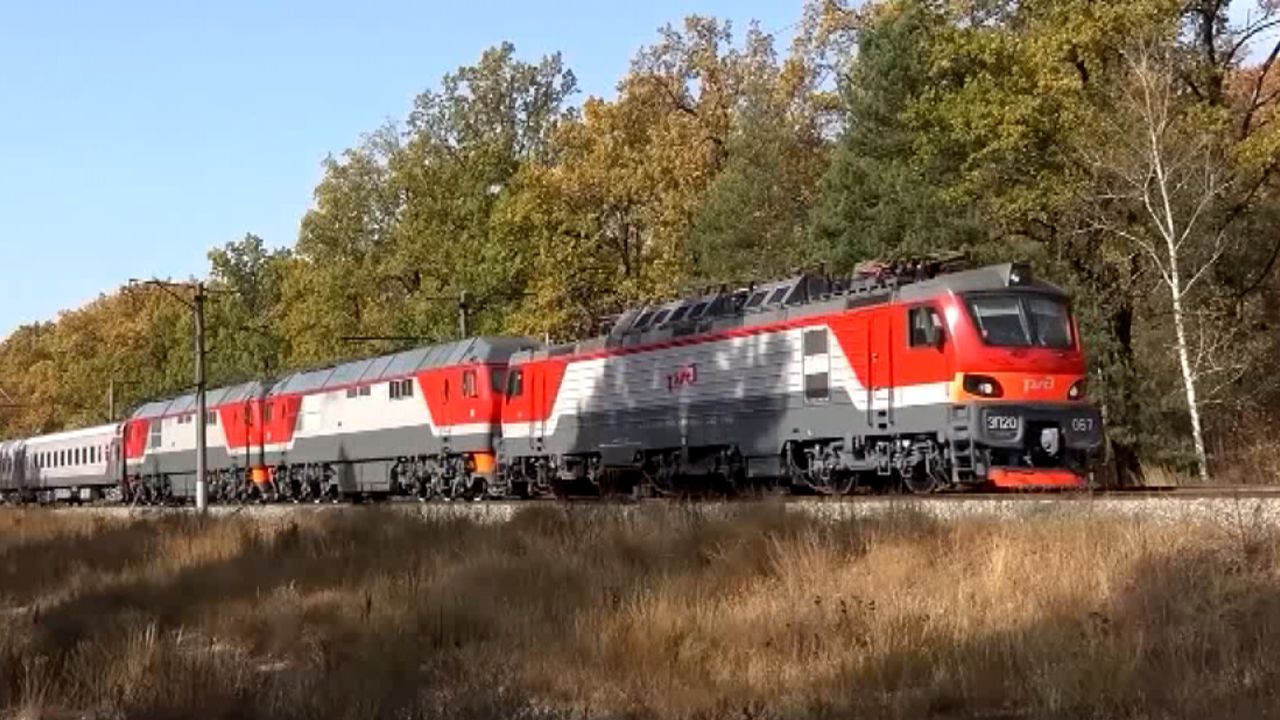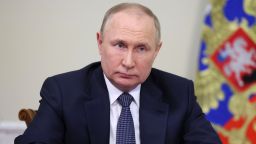At a rare news conference Thursday, Belarusian strongman leader Alexander Lukashenko weaved and ducked questions from international media about his country’s complicity in Russia’s invasion of Ukraine.
Lukashenko sat down with a small gathering of journalists, including from CNN, at Minsk’s Palace of Independence. He insisted he will not send troops to Ukraine unless Belarus is attacked, but also defiantly maintained that Russia is a staunch ally of his country.
When asked by CNN’s Fred Pleitgen why Lukashenko continued to support what has so far been a protracted and strategically questionable war for Russian President Vladimir Putin, the Belarusian president tried to turn the tables on the West.
“Why do you support Ukraine, pumping it with weapons instead of sitting down to negotiate as I suggest? You are already discussing sending long-range weapons, missiles up to 300 kilometers in range, and F-16 fighter jets, state of the art fighter jets, after hundreds of Leopard tanks have gone there. Why are you doing this? You understand this is escalation,” he said.
When pressed by CNN to explain why his regime supported Russia’s war in Ukraine, Lukashenko insisted he hates war.
“No, I hate war. Do you hear me? You’re not hearing me,” the Belarusian leader said. “I hate war, and our Belarusian people hate war. And we do not want war.”
Lukashenko maintained he wanted to see “peaceful negotiations” and accused the United States of preventing Ukrainian President Volodymyr Zelensky from negotiating.
“You are not letting him negotiate. This is my conviction. And there are many facts that speak to this. It’s you who wants war. Please wake up,” he said. “The US are the only one who needs this slaughter, only they want it. Europe does not need this war, because if there is an escalation, Europe will sizzle. Europeans know it. And even the British know it, and especially Ukrainians.”
In his characteristic combative style, Lukashenko said Russia’s decision to send its troops into Ukraine had nothing to do with him, but he supported them regardless.
On Bakhmut: Lukashenko also predicted the city of Bakhmut in eastern Ukraine — which has been the focus of intense fighting in recent weeks — will be taken by Russian forces “one way or another.”
“Bakhmut will fall in the next few days,” Lukashenko proclaimed in response to a question from CNN’s Pleitgen. “This will be yet another victory for Russia.”
“Bakhmut will be taken one way or another. Why let thousands die? But the politicians sitting at the top in Ukraine have prohibited this, and so this meat grinder goes on,” the Belarusian leader continued.
Some context: Lukashenko’s assessment on Bakhmut differs from that of Russia’s own private military, Wagner Group, which said earlier this week that the city won’t be captured “any time soon.” Earlier this month, Ukraine’s defense minister said the city remained a “stronghold” for his country’s forces.
Soldiers on both sides have referred to battles for the city as a “meat grinder,” on account of the hundreds of lives lost daily in battle.








